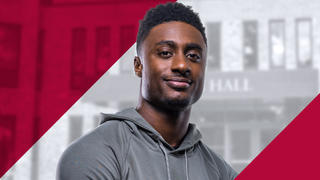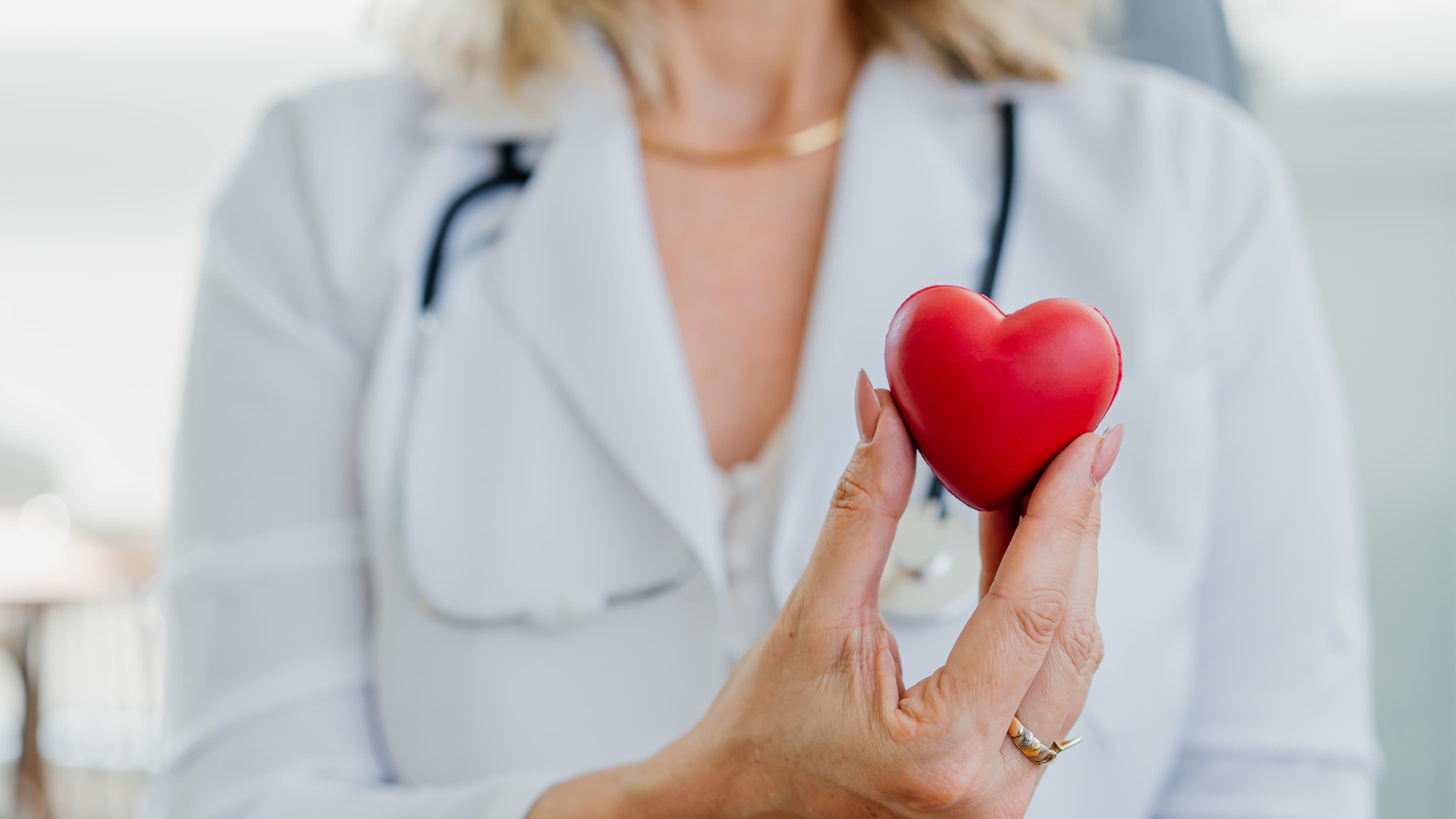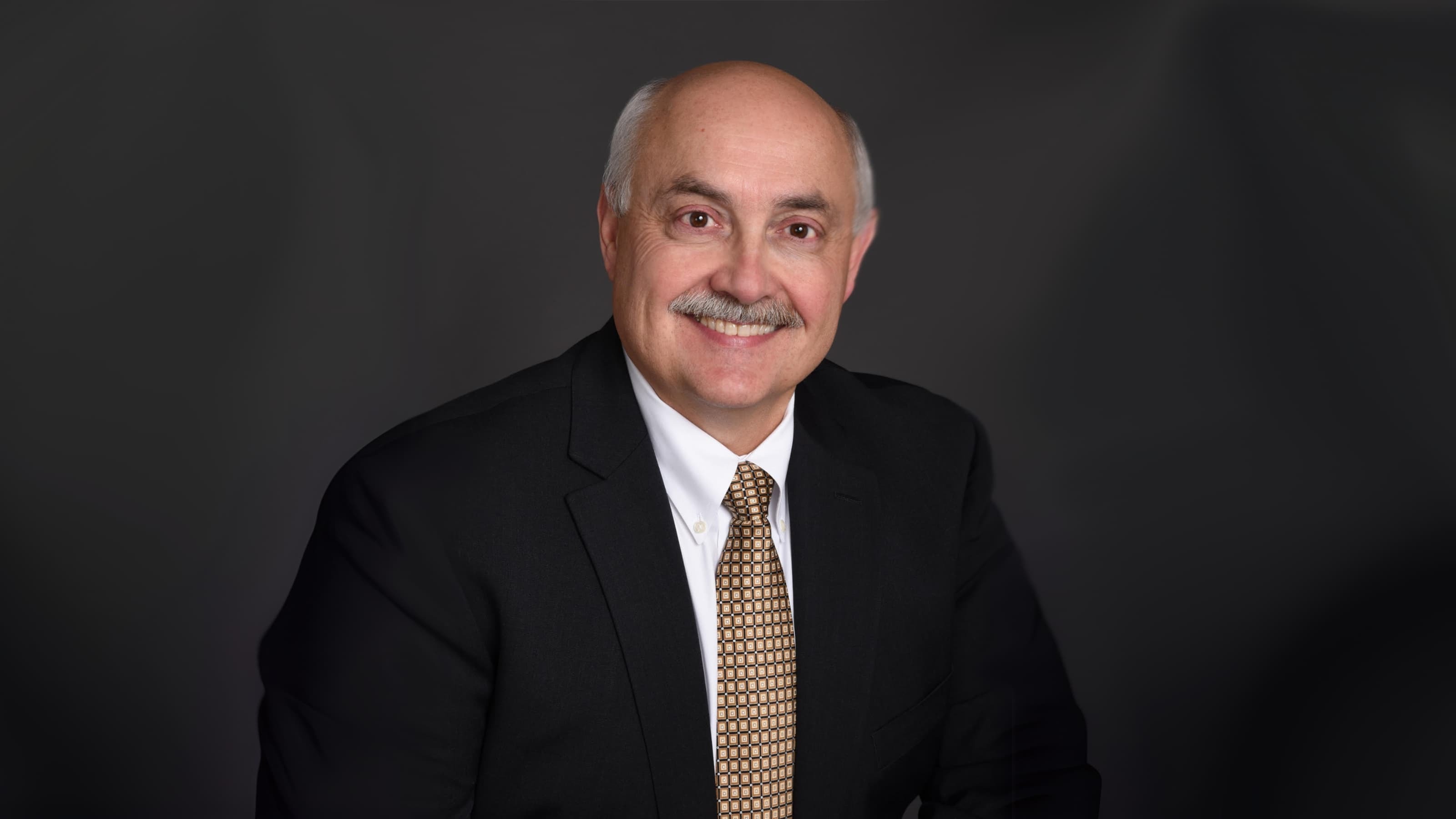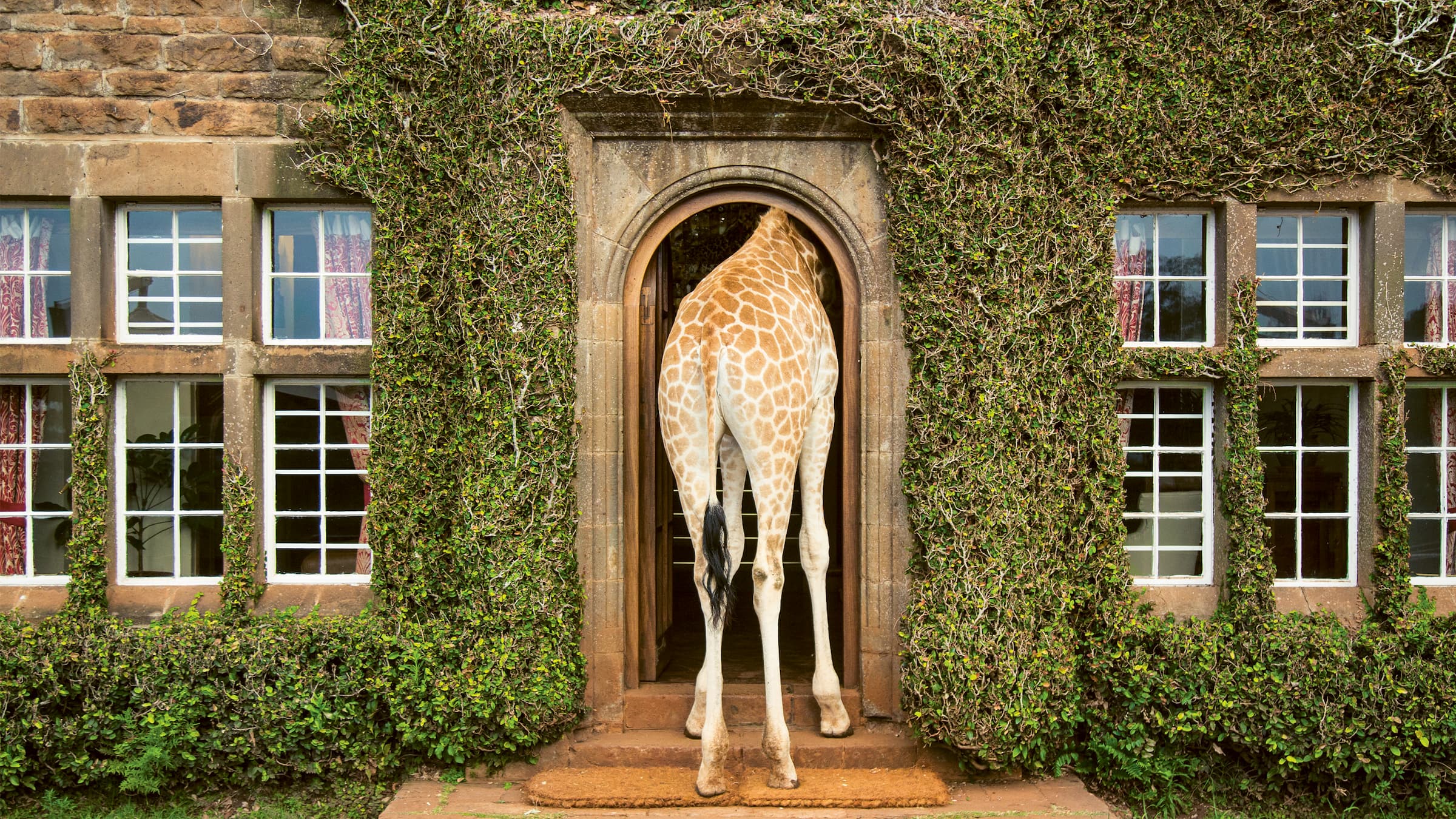Student-Athlete and Biology Major Excels on the Hardwood and in Health Care
A Louisiana native, Toliver Freeman ’20 followed his passion for medicine and basketball Northeast, to Saint Joseph's University.

As the son of a physician, Toliver Freeman ’20 has known since he was young that he wanted to be a doctor. As a gifted basketball player, he always hoped to play Division I hoops. He chose Saint Joseph’s because it gave him opportunities to chase both dreams.
Freeman grew up the youngest of three brothers in Louisiana. From an early age, he was curious about how the human body worked.
“I was the shortest in my family, and I was always searching on Google for ways to get taller,” he says. “I tried stretching, drinking milk, all that. Eventually I just naturally grew taller and realized it was a genetic thing.”
His interest in biology was compounded with a passion for medicine while on a trip to the grocery store with his father, a family practice and emergency physician.
“A woman approached us energetically and started thanking my dad,” Freeman recalls. “It turns out he had helped save her daughter’s life in the emergency room. Seeing the impact that medicine can have on a person’s life intrigued me. A life full of science, a life full of opportunities to impact people in ways that matter really inspired me, and I decided to pursue medicine full-out from there.”
When it came time to choose a college, Freeman wanted to be sure that he went somewhere that would allow him to pursue his other passion: basketball. He had always wanted to play in Division I, but recruitment opportunities to start for a team didn’t materialize. Freeman looked for a school where he could walk onto a team. A piece of advice from his father helped him narrow his search.
“He told me that the Northeast was a powerhouse for medicine,” Freeman says. “I knew that, at Saint Joseph’s, I could make good inroads in the medical field and get a great education, all while playing basketball.”
Freeman’s pursuit of his passions has yielded results. Before his junior year, the men’s basketball team awarded Freeman an athletic scholarship in recognition of his contributions to the team. And the demands of a rigorous biology curriculum have been no match for Freeman’s tenacity. He consistently earned a place on the Atlantic 10 Commissioner’s Honor Roll, and he served as a fellow in Saint Joseph’s Institute for Clinical Bioethics (ICB), where he gained valuable health-related experience.
“One of the projects I worked on is our health promoters program,” Freeman says. “We go into Hispanic and African communities in Philadelphia and perform basic health checkups for patients. There are medical residents there, and we can help the patients get referred to a real physician at a discounted price if they need additional help.”
As part of his work with the ICB, Freeman helped to launch an Obesity Task Force. The team developed a 15-week exercise regimen for middle school and high school students and secured funding to buy gear for the program.
Seeing the impact that medicine can have on a person’s life intrigued me. A life full of science, a life full of opportunities to impact people in ways that matter really inspired me, and I decided to pursue medicine full-out from there.”
Toliver Freeman ’20
Freeman credits the faculty and staff at Saint Joseph’s for helping shape his path to medicine: by making connections in both the academic and basketball worlds, he has completed an internship at the Rothman Institute and shadowed doctors with specialties ranging from trauma to radiology to hospice.
“If you seek people out, they can help you find ways to get involved,” he says. “I asked what physicians I could shadow, and then those doctors connected me to others, who connected me to even more.”
Although Freeman hasn’t decided what his specialty will be once he becomes a doctor, his work helping underserved populations with the ICB has inspired him to make it part of his career goal.
“Just because someone doesn’t have the means to get the proper care, it doesn’t mean they shouldn’t be accounted for,” he says. “All human life is valuable. Once I start medical school, I’ll see what I'm the best at and where I can make the most impact.”



